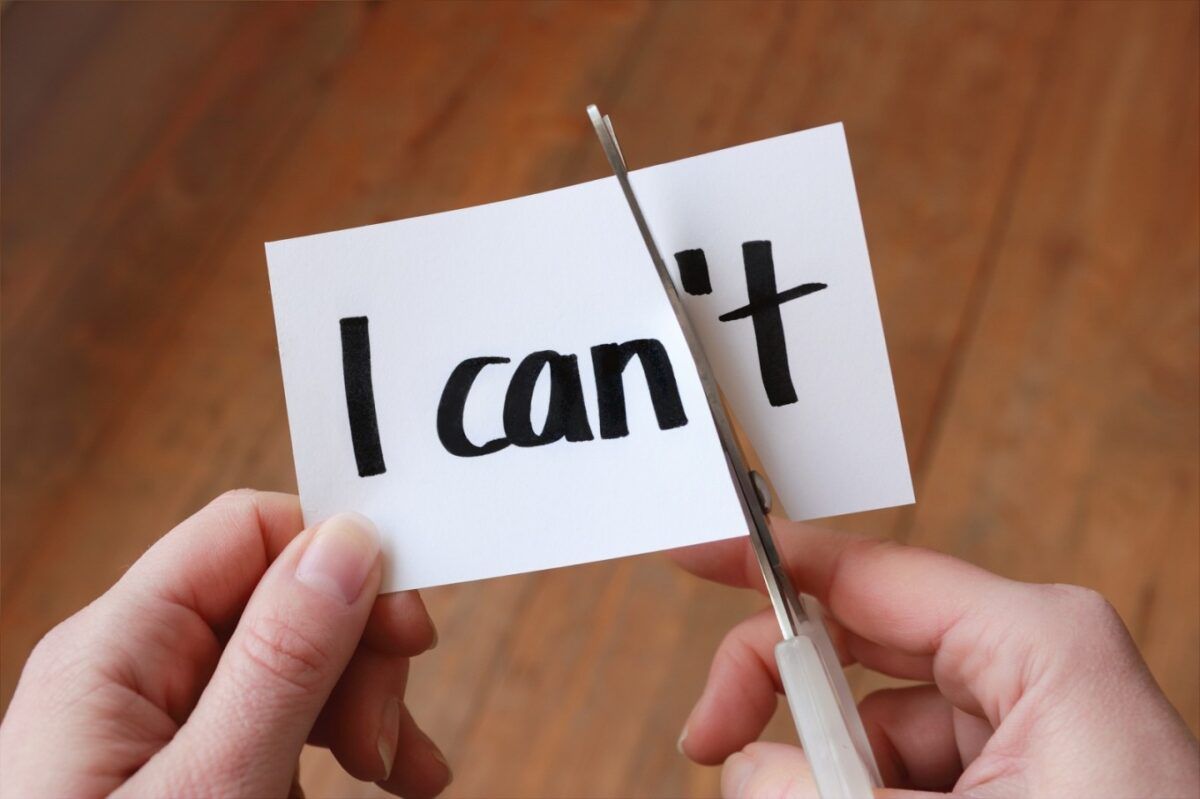Everyone in life encounters difficult situations where they question their previous decisions due to unexpected outcomes. As long as one is successful in their endeavours, their self-confidence is fine, however, a series of failures can shake the foundations on which the self-confidence was built. What matters the most is how one deals to re-establish the foundation of self-confidence during a period of failure.
There is a catch though, self-confidence is affected by those individuals who take responsibility for their actions. For the people who never accept responsibility for their actions, their self-confidence is always protected when it comes to damaging someone else’s (whom they blame).
Mathematics of Confidence:
If one wants to calculate how confident about a certain decision, where they have to make a choice, it depends:
- The number of successful decisions/actions taken
- The number of failed decisions/actions taken
- Feedback from people you are with
- Internal Motivation
(Num of Success * impact success) – (Num of Failure * impact failure) + (Feedback * impact feedback) + Motivation = Confidence
This also depends on the nature of the task, how prepared are you and general feedback from people. Also, this is a cyclical process, where every factor is changing and one factor also affects another. For instance, if the number of successes is high, feedback from people also changes and motivation also change.
When one fails, feedback is affected, motivation is affected, no brainer. I learned in the process though, that series of failures or rather the outcome of failure has more impact than the number of failures. One failure, that affects your entire family, is significant compared to ten personal successes. Hence this is a complex equation, where the impact of failure can be represented as an exponent.
(Num of Success * impact success) – (Num of Failure^impactFailure) + (Feedback * impactFeedback) + Motivation = Confidence
Sometimes, as a domino effect, we can increase the impact feedback subconsciously, when we already are seeing setbacks. The feedback of people, especially those whom we trust, or consider can blow up or reduce our self-confidence. This happens when we ourselves are not confident and seek external validation or delegation of decision-making.
A few years ago, I had put myself in a position, where I didn’t want to make any decisions, as I was afraid of failures and being blamed for them. I think failure is not a big deal, however, the blame game is. I realized I didn’t have the courage nor the tools to defend my position in the face of failures when people came knocking to add to the list of their feedback.
As a result of the increased impact of feedback, it pushed me even further into inaction. I can’t blame others for their input, however, I needed to strengthen my own parameters of judging feedback from other people. Generally, we don’t take input from those who don’t matter, however, the feedback of those who matter also needs scrutiny. This makes me think of another equation for measuring the impact feedback of person one trusts.
NumSuccess – NumFailures – HiddenMotivations = impactFeedback
This is the part, I failed to analyze critically and instead took all the feedback at a hundred per cent face value. If Steve Jobs gave me feedback about my new product, well, given his success, if the feedback were negative, it would hurt, however, there are more factors than just feedback to improve and continue to work on a good product. That includes even self-confidence. Not all criticism is fair, and we need to develop a mechanism to filter relevant ones without taking it personally.
There are multiple reasons why most people provide the most negative feedback one after another. It could be a projection of their inabilities, their failures, or their protectiveness, however, to think about it, should we operate on projected limitations?
It took a great deal of work for me, and I am grateful I found BlackLotus, to help me. I also draw strength from Bhagwad Gita, Mahabharata, and Ramayana, when I look at adversity. Now, that I have put an equation to confidence — I think the beauty of this equation is that everyone can come up with their own equation and calibrate it to refine the process as one continues to learn and grow.









Comments & Discussion
10 COMMENTS
Please login to read members' comments and participate in the discussion.